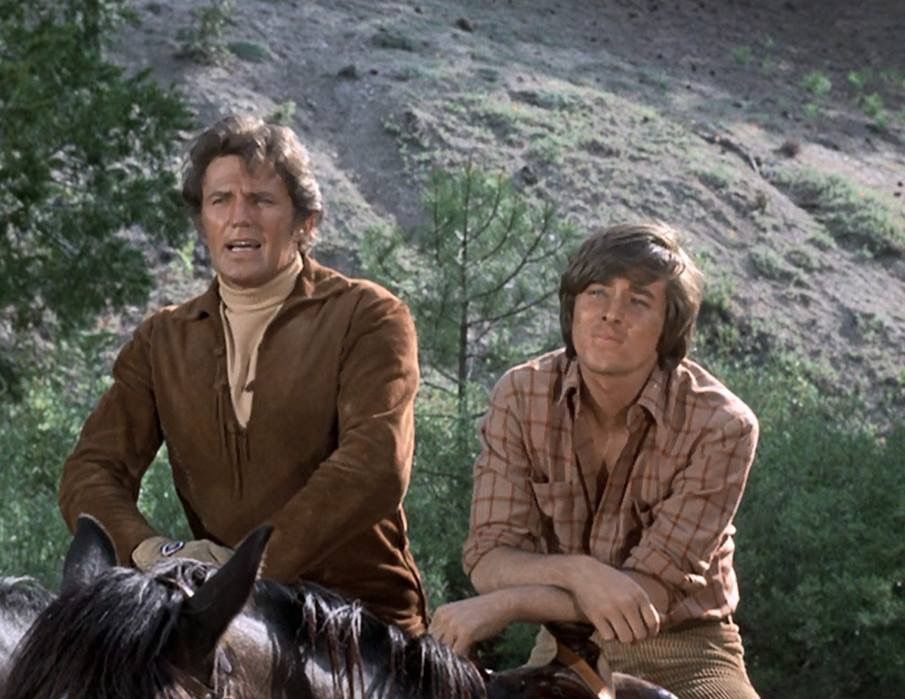
The Fading Enchantment of Youth: A Look Back at “I Don’t Believe in Magic”
Ah, the 1970s. A time when bell-bottoms swayed, disco balls shimmered, and the airwaves were filled with a diverse tapestry of sounds. For many of us, it was an era of transition, a bridge between the innocence of childhood and the complexities of adulthood. And for a brief, shining moment, one name shone particularly bright, especially in the hearts of a certain demographic: Bobby Sherman. He was the quintessential teen idol, a wholesome, golden-haired heartthrob who graced magazine covers and television screens with an undeniable charm. His voice, often tinged with a gentle melancholy, seemed to perfectly capture the tender pangs of adolescent emotion. Among his many memorable tunes, one stands out for its poignant reflection on disillusionment and the passage of time: “I Don’t Believe in Magic.”
Released in 1971, as the counterculture movement was still simmering and the music landscape was rapidly evolving, “I Don’t Believe in Magic” found its way onto the charts, reaching a respectable No. 9 on the Billboard Hot 100. For those of us who were coming of age then, it felt like a collective sigh, an acknowledgment that perhaps the world wasn’t quite as fantastical as we once imagined. The song was a single from his album “Bobby Sherman”, which continued to solidify his image as a sensitive balladeer. While Bobby Sherman was known for his upbeat, catchy pop tunes, “I Don’t Believe in Magic” offered a more introspective side, showcasing a vulnerability that resonated deeply with his young audience, and, in retrospect, with the older generations who watched their own youthful illusions begin to wane.
The story behind “I Don’t Believe in Magic” isn’t steeped in dramatic legend or scandalous revelation, but rather in the quiet, universal experience of growing up. Penned by the talented duo of Gary Geld and Peter Udell, who also gifted us with Sherman’s earlier hit “Easy Come, Easy Go,” the song speaks to that moment when the protective veil of childhood wonder starts to lift. It’s about the realization that some dreams, however cherished, may not come true, and that the world operates on a more pragmatic, less enchanted level than we once believed. Imagine a young person, perhaps just entering their teenage years, looking at the world with fresh, yet increasingly skeptical eyes. The tooth fairy, Santa Claus, wishes made on falling stars – these once potent symbols of magic slowly lose their power, replaced by the burgeoning awareness of reality’s often unyielding grip. The song perfectly encapsulates that transition, not with bitterness, but with a wistful acceptance.
Its meaning, then, is universal and timeless. It’s about the gentle heartbreak of losing innocent belief, the subtle shift from a world of infinite possibilities to one bound by logical constraints. Bobby Sherman’s delivery, with his earnest and slightly yearning vocals, made this sentiment palpable. He wasn’t singing about a dramatic betrayal or a sudden loss, but about the gradual erosion of faith in the mystical, the slow dawning that life, while still beautiful, operates on principles far removed from fairy tales. For many older listeners today, hearing “I Don’t Believe in Magic” evokes a powerful sense of nostalgia for their own lost innocence. It’s a bittersweet reminder of that pivotal moment when the world started to make a different kind of sense, a more grounded, perhaps less exciting, but ultimately more real sense. It wasn’t a lament, but rather a gentle farewell to a cherished way of seeing the world, a tender acknowledgment of the natural process of maturity. The song became a quiet anthem for a generation learning to navigate the complexities of life without the comforting crutch of childlike fantasy, a testament to the fact that even as we shed our illusions, we gain a deeper, more profound understanding of reality.